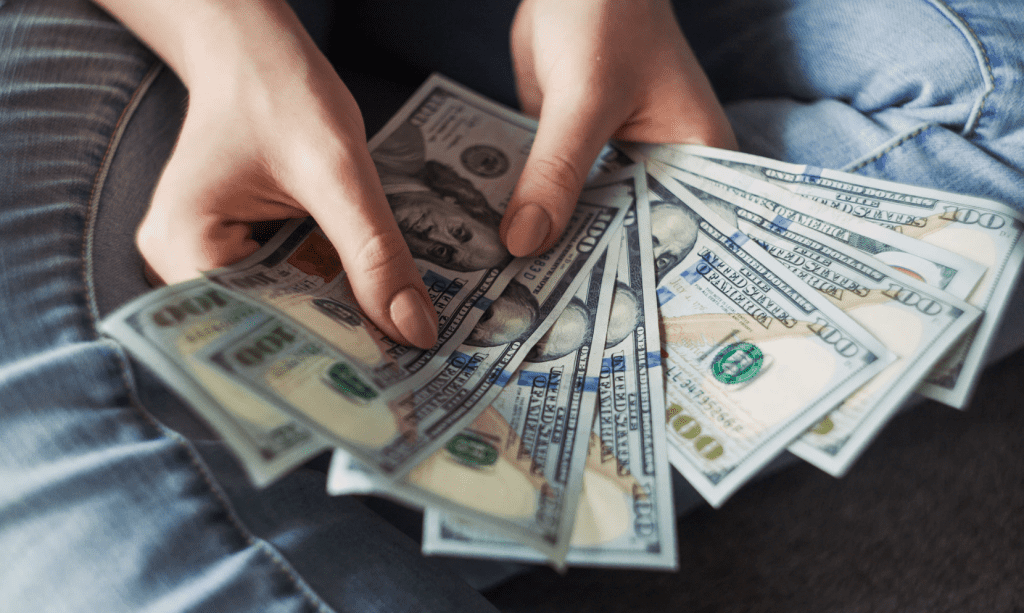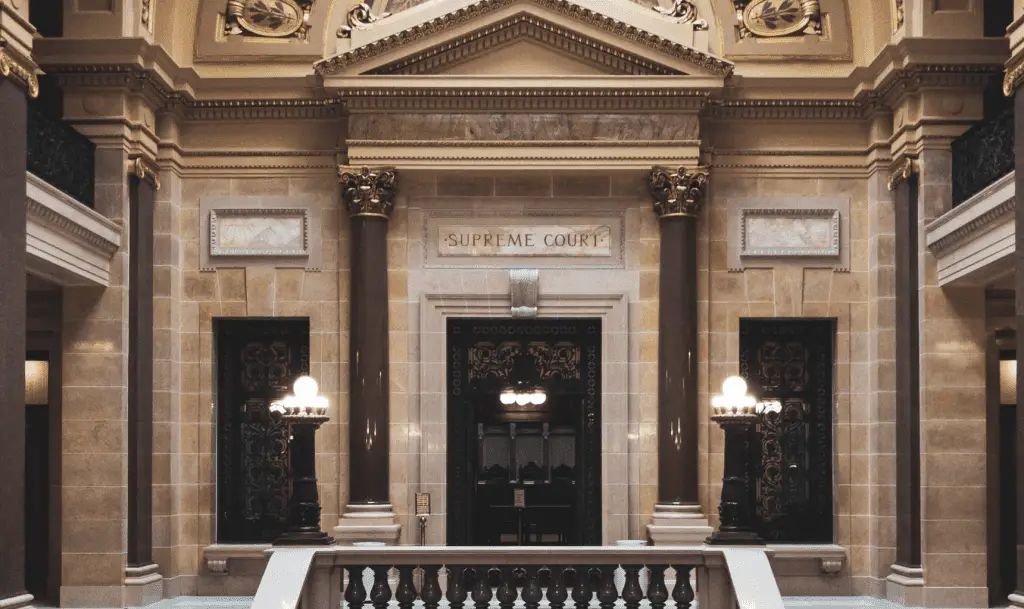When you are arrested and charged with a crime, the court may set bail. Bail is money that you pay to the court to guarantee that you will return for your court hearings. If you do not show up for court, the court may keep your bail money.
The amount of bail is set by a judge and is based on the severity of the crime, your criminal history, and whether you are considered a flight risk. If you are considered a flight risk, the court may require you to pay the full amount of bail upfront. If you are not considered a flight risk, the court may allow you to post a bond, which is a percentage of the bail amount.
If you pay the full bail amount, you will get your money back after you appear for all of your court hearings. If you post a bond, you will get your money back after you appear for all of your court hearings and the case is closed. If you do not appear in court, the court may keep your bail money and issue a warrant for your arrest.
What is bail?
Bail is the security money paid to the court to ensure that an accused person will return to court for their trial. The court will hold onto the bail money until the case is over. If the accused person does not return to court, the bail money will be forfeited.
There are two types of bail: surety and cash. Surety bail is when someone else, known as a surety, agrees to pay the bail if the accused does not show up for their court date. Cash bail is when the accused person pays the bail money to the court in cash.
The amount of bail is based on the severity of the crime, the accused person’s criminal history, and whether or not they are a flight risk. If the court believes that the accused person is not going to return to court, they may set a higher bail amount.

How Do You Get Bail Money Back?
The bail money is forfeited to the court if the accused person goes to their court date and is found guilty. If the accused person is found not guilty, the bail money is returned to them.
If the bail money was posted by a surety, the surety will get their money back if the accused person goes to their court date. If the accused person does not go to their court date, the surety will forfeit the bail money.
How is bail determined?
The bail process can be confusing and overwhelming, especially if you don’t have experience with the criminal justice system. If you or a loved one has been arrested and is awaiting bail, you probably have a lot of questions. How is bail determined? Do you get your bail money back? How do you pay for bail?
Bail Determination
Bail is an amount of money that is paid to the court in order to secure the release of a defendant who has been arrested. The purpose of bail is to ensure that the defendant will return for their court date. Bail is set by a judge during a bail hearing.
During the bail hearing, the prosecutor will present information about the defendant’s criminal history and the charges they are facing. The judge will then set bail based on a number of factors, including the severity of the crime, the defendant’s criminal history, and the risk of flight.
If the defendant is deemed to be a flight risk or a danger to the community, the judge may set bail at an amount that is higher than the defendant can afford. In these cases, the defendant will be held in jail until their trial.
How Do You Get Bail Money Back?
Yes, you do get bail money back if you show up for your court date. If you miss your court date, you will forfeit your bail and will not get your money back.
How Do You Pay for Bail?
There are a few different ways to pay for bail. You can pay the full amount in cash or you can use a bail bond.
A bail bond is a type of surety bond that is posted on behalf of the defendant. The bond is typically posted by a bail bond company, and the company will charge a fee for their services. The fee is typically 10% of the bail amount.
If you use a bail bond, you will not get your money back. The bail bond company will keep the money regardless of whether or not the defendant appears for their court date.
How Do You Get Bail Money Back?
When you are arrested and charged with a crime, the court will set a bail amount. This is the amount of money that you must pay in order to be released from jail until your trial. If you cannot pay the bail amount, you will remain in jail until your trial.
Once your trial is over, you will get your bail money back if you are found not guilty. If you are found guilty, you will not get your bail money back. The court will keep the money to help pay for the costs of your trial.
How is bail paid?
When a defendant is arrested and charged with a crime, they have the option of posting bail in order to be released from jail until their court date. Bail is essentially a loan that the defendant or their loved ones can put up in order to secure their release. This money is then held by the court as collateral until the defendant appears for their court date. If the defendant does not appear, they forfeit the bail money and may also be subject to additional charges.
There are a few different ways that bail can be paid. The most common is for the defendant or their loved ones to post bail with the court. The court will then hold onto this money until the defendant’s court date. If the defendant appears at their court date, the bail money is returned in full. If the defendant does not appear, the court keeps the bail money.
Another option for paying bail is to use a bail bondsman. A bail bondsman is a professional who posts bail on behalf of the defendant. The bail bondsman typically charges a non-refundable fee (usually 10% of the bail amount) in order to post bail on the defendant’s behalf. If the defendant appears for their court date, the bail bondsman gets their money back from the court. If the defendant does not appear, the bail bondsman does not get their money back and may also be required to pay the full bail amount to the court.
Finally, some courts allow defendants to post property as bail. With property bail, the defendant or their loved ones can put up property (such as a house or a car) as collateral instead of cash. If the defendant appears for their court date, they get their property back. If the defendant does not appear, the court can keep the property and sell it in order to recoup the bail money.
No matter how bail is paid, it is important to remember that bail is only a loan. If the defendant appears for their court date, they will get their bail money back in full (minus any fees associated with using a bail bondsman). If the defendant does not appear, they will forfeit their bail money and may also be subject to additional charges.

What Happens if You Do Not Show Up for Court?
If you don’t show up for court, you may be charged with contempt of court. The court may issue a warrant for your arrest, and you may be fined or jailed. If you’re out on bail, the court may revoke your bail and order you to be jailed until your trial.
Conclusion
When you are arrested and charged with a crime, the court may set bail. Bail is money that you pay to the court to guarantee that you will appear for your court date. If you do not appear, the court keeps the bail money.
If you do appear for your court date, the court will return the bail money to you. The court may also return a portion of the bail money to the person who posted bail for you, if they paid the full amount.
